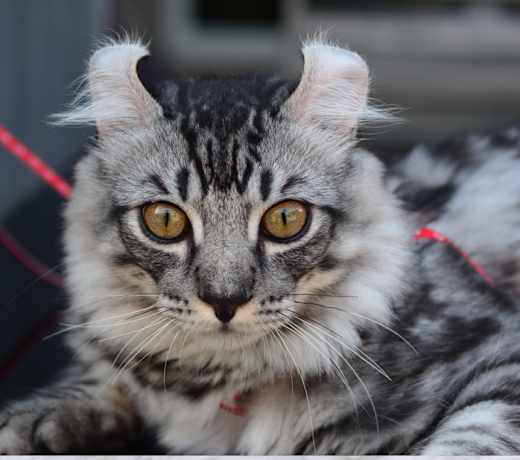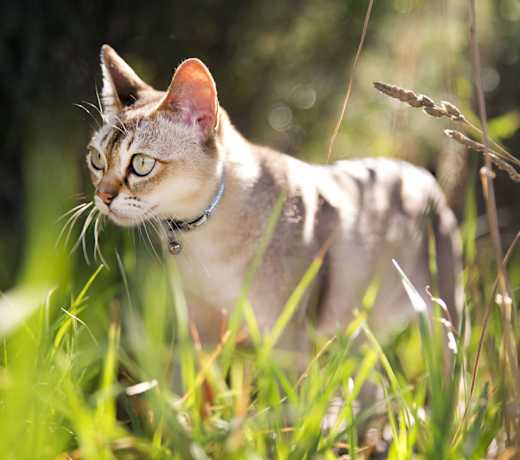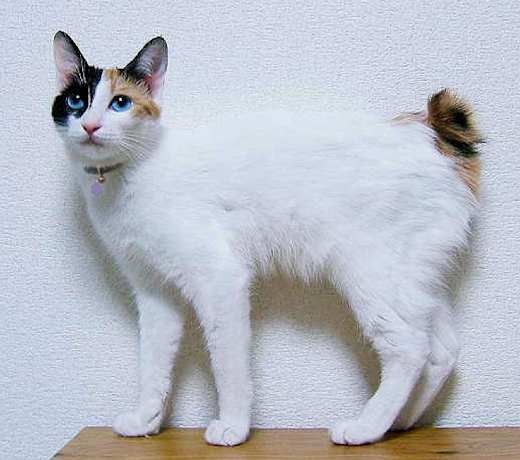The discussion about whether it is cruel to have a Munchkin cat revolves around ethical concerns related to their short legs. Opponents argue that deliberately breeding cats for short legs might contribute to potential health issues and compromise their mobility. Proponents, however, argue that Munchkins lead fulfilling lives and adapt well despite their unique anatomy. The debate hinges on responsible breeding practices, ethical considerations, and providing proper care to ensure the well-being of Munchkin cats.
Adopt A Munchkin
We don't see any Munchkin available for adoption in your exact location or cities near you. Search for more dogs, or check out some adorable similar breeds below!
Search for Munchkin kittens and cats
3628 available cats near you

Piper
Siamese
Female, young
West Hollywood, CA
Spayed or Neutered
Shots are up-to-date
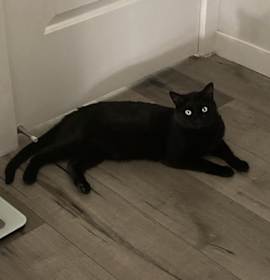
Seven
Domestic Shorthair
Male, young
West Hollywood, CA
Good with dogs
House-trained
Spayed or Neutered
Shots are up-to-date
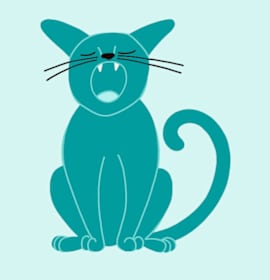
We have cats!!!
Domestic Shorthair
Female, young
Los Angeles, CA
Not good with dogs
Not good with cats

Lancelot
Domestic Longhair
Male, 9 yrs 3 mos
Los Angeles, CA
Not good with cats
Spayed or Neutered
Shots are up-to-date
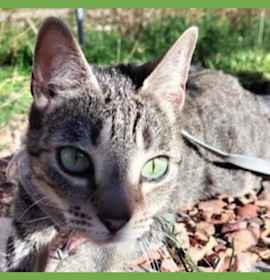
Easter Bunny
Domestic Shorthair
Female, 4 yrs 8 mos
Los Angeles, CA
Shots are up-to-date

Nugget
Domestic Shorthair
Male, 5 yrs 1 mo
Los Angeles, CA
Needs special attention
Shots are up-to-date

Sawyer
Domestic Shorthair
Male, 9 yrs 8 mos
Los Angeles, CA
Not good with dogs
Not good with cats
Needs experienced adopter
Spayed or Neutered
Shots are up-to-date

Barry
Domestic Shorthair
Male, 8 yrs 1 mo
Los Angeles, CA
Not good with cats
Spayed or Neutered
Shots are up-to-date

Cosmo
Domestic Shorthair
Male, 4 yrs 9 mos
Los Angeles, CA
Spayed or Neutered
Shots are up-to-date
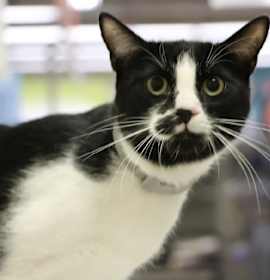
Spock (bonded to Captain Kirk)
Domestic Shorthair
Male, 2 yrs 5 mos
Los Angeles, CA
Spayed or Neutered
Shots are up-to-date
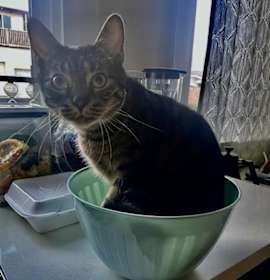
Ares
Domestic Shorthair
Male, 3 yrs 6 mos
Los Angeles, CA
Good with cats
Spayed or Neutered
Shots are up-to-date
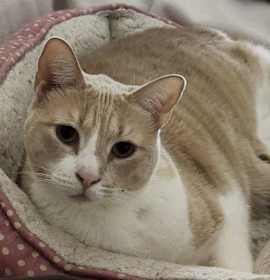
Arya Stark
Domestic Shorthair
Female, 9 yrs 1 mo
Los Angeles, CA
Spayed or Neutered
Shots are up-to-date
Find adoptable Munchkin by Beverly Hills, CA
Animal shelters near Beverly Hills, CA
Adopting a Munchkin
Frequently asked questions about acquiring an Munchkin - the pros and cons of adopting versus going through a breeder, and associated costs.
The easiest way to buy a Munchkin would be through a rescue that specializes in Munchkins. A great place to start would be by starting a breed search on Adopt a Pet. The search will show you all the available Munchkins in your area.
It’s important to note the potential ethical concerns and health issues before buying a Munchkin cat. The breed’s unique short-legged trait is a result of a genetic mutation that could lead to skeletal problems in some cats. Those seeking to adopt or buy a Munchkin cat should consider the potential ethical implications of supporting breeds that have specific physical characteristics that may cause health concerns or other challenges.
It costs around $75 to $100 to adopt a Munchkin cat. Conversely, Munchkin cats from a breeder can be extremely expensive and may fall in the $1,000 to $2,300 range.

